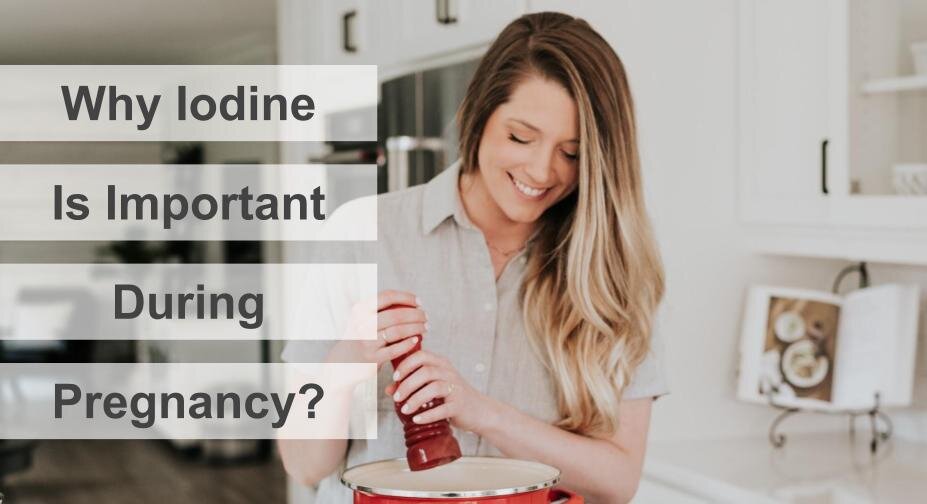Why the Body Needs Iodine
Iodine, which is found in old-fashioned table salt, is essential for healthy brain development.
While iodine is important in every person’s diet to avoid thyroid problems, pregnant women require even greater levels of iodine.
Iodine in pregnancy is essential to the development of the foetus’ brain and nervous system. Pregnant women, therefore, need to take higher levels of iodine than normal.
Why You Need Iodine in Pregnancy?
If your doctor tells you to take your pregnancy with a large pinch of salt, you’d probably be quite taken aback. But that’s quite literally what you need to do.
Higher than usual intake of iodine in pregnancy is important to ensure your baby gets what he or she needs while in the womb.
How Iodine Helps Your Baby’s Growth
During your baby’s development, it’s important that he or she gets enough iodine to support brain and nervous system development, and to regulate his or her metabolism.
Studies have linked iodine deficiency during pregnancy with stunted growth and adverse neurodevelopment in babies and young children
How Much Iodine is Required?
While too much can harm the mother’s thyroid health. It’s recommended that women who are hoping to become pregnant or are pregnant get 220 micrograms (mcg) of iodine per day.
While breastfeeding, mums should get as much as 290mcg a day.
If you are planning a pregnancy, are pregnant, or you are breastfeeding, make sure to read the labels.
Where to Find Iodine in Food?
While bread in Australia now contains iodised salt as part of a 2009 iodine fortification regulation, there are concerns that iodine intake has dropped significantly in Australia in recent decades.
There are a number of reasons for this, including less use of iodised table salt in cooking and less iodine in milk due to changes in sanitisation techniques.
Aside from using iodised salt, you can get enough iodine during pregnancy by eating a diet rich in:
seafood (though avoid any seafood that may contain a large amount of mercury),
bread (except for organic bread that has no salt added),
seaweed,
dairy, and
eggs.
The World Health Organization and UNICEF have recommended iodine supplements in countries where there isn’t access to iodised salt.
Get More Iodine Intake In Pregnancy
There are a number of useful websites offering advice on using iodine in pregnancy, one such site is Food Standards Australia and New Zealand.
Your Next Step
Dr Alexander can talk to you in detail about the women’s health and pregnancy issues.
Dr Alexander can also offer advice on a possible diagnosis, further investigations and suitable treatment where necessary.
Arrange an appointment now for peace of mind and body. For patients wishing to make an appointment, we would advise that you see your general practitioner and possibly obtain a referral to see Dr Alexander at www.alexalexander.com.au
Source: http://www.alexalexander.com.au


